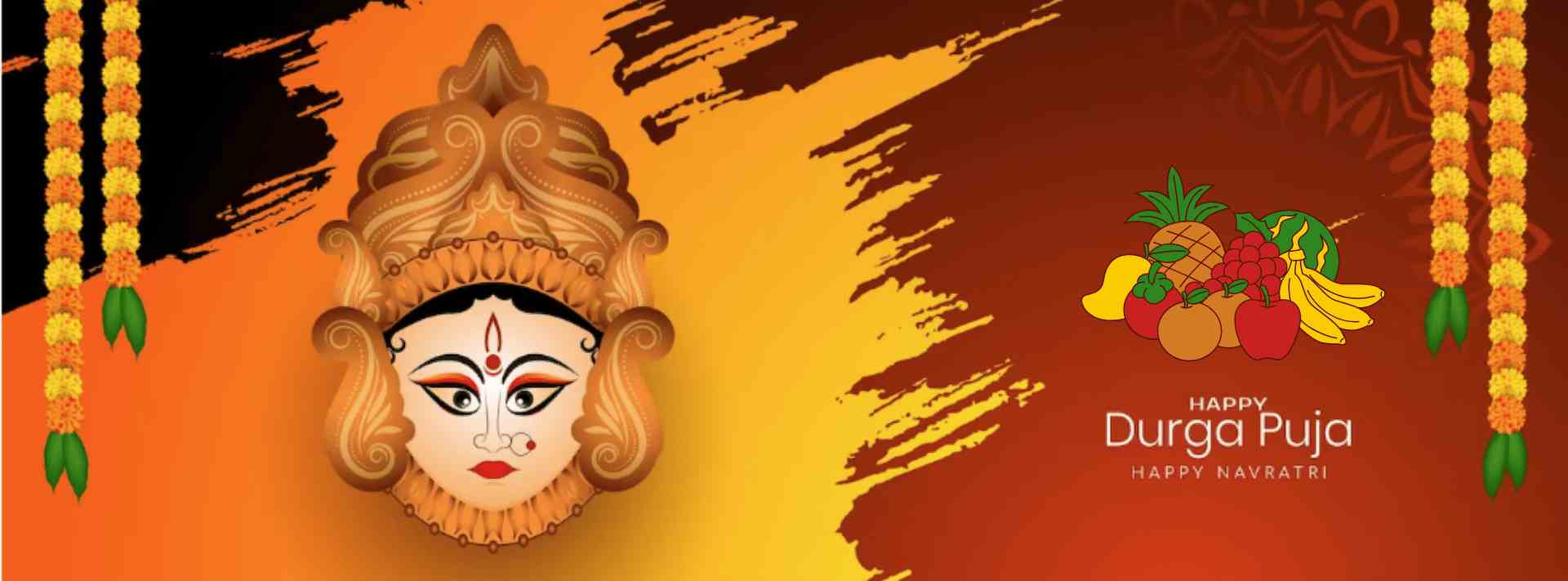- Bulk Order
- Become Dealer
- Contact Us
- Toll free no: 18001209630

Navratri is a Hindu festival that spans nine nights and is dedicated to the worship of the goddess Durga and her various forms. Many people observe fasts during Navratri as a way of showing devotion and seeking blessings.
Fasting during Navratri typically involves abstaining from certain foods, and the dietary restrictions can vary depending on regional and individual customs. Here are some general guidelines on what to eat and avoid during Navratri fasting, as well as tips on managing sleep during this period:
Common grains like wheat and rice are usually avoided during Navratri fasting. Instead, people often consume vrat-friendly grains like amaranth (rajgira), buckwheat (kuttu), water chestnut flour (singhara atta), and sama rice (barnyard millet).
Fruits are a great option for snacking during fasting. You can consume fruits like bananas, apples, pomegranates, and citrus fruits.
Many dairy products, such as milk, yogurt, and paneer (cottage cheese), are allowed during Navratri fasting. They are often used to prepare vrat-friendly dishes.
Nuts like almonds, cashews, and peanuts, as well as seeds like pumpkin and melon seeds, are a good source of energy and protein during fasting.
Specific vegetables like potatoes, sweet potatoes, and colocasia (arbi) are commonly consumed during Navratri fasting. You can use them to prepare various dishes.
Cumin seeds, black pepper, rock salt (sendha namak), and certain herbs are typically used as seasonings in Navratri recipes.
You can use flours like buckwheat flour, water chestnut flour, and amaranth flour to make chapatis or puris.
Meat, fish, and eggs are strictly avoided during Navratri fasting.
Wheat, rice, and other regular grains are not consumed.
Many people avoid onions and garlic during Navratri fasting, as they are considered tamasic (impure).
Regular table salt is replaced with rock salt (sendha namak) during fasting.
Processed foods and packaged snacks are typically not allowed, as they often contain ingredients not suitable for fasting.
Ensure that your fasting diet is balanced and provides adequate nutrition to keep your energy levels stable. This will help you sleep better at night.
Stay well-hydrated during fasting. Dehydration can disrupt your sleep, so drink plenty of water and herbal teas during the non-fasting hours.
Eating small, frequent meals can help maintain stable blood sugar levels and prevent sleep disturbances.
Some spices used in Navratri recipes can be quite heavy and may cause indigestion. Be mindful of this, especially during dinner, to ensure a comfortable night's sleep.
Practicing relaxation techniques like meditation and deep breathing can help you relax and fall asleep more easily, even during a fasting period.
If you find that fasting affects your energy levels, try to schedule short naps during the day to compensate for any sleep loss. You should try to sleep on Refresh Mattress, and you will get Free combo offers worth up to INR 16099/-.
Remember that the specific dietary restrictions during Navratri can vary based on regional and personal preferences. It's important to consult with a knowledgeable person or priest for guidance on the specific customs and traditions observed in your community.
Refresh is a brand of Prime Comfort Products Pvt. Ltd. It is an ISO 9001:2008 certified manufacturer of high-quality flexible polyester and polyether PU Foam. It has set up a world-class manufacturing facility at Greater Noida (Uttar Pradesh) Unit 1 spread over in 30,000 sq. mt. to serve the north and Ahmedabad (Gujarat) Unit 2 spread over in 34,000 sq. mt. to serve the west and very soon going to start Unit 3 to serve the south.

Refresh Collection
2026-01-28
A good night’s sleep is no longer a luxury—it’s a necessity. With rising cases of back pain, poor posture, and sleep disorders, choosing the right mattress has become one of the most important health decisions you can make. If you’re looking for the most luxurious mattress in India that also works as the best orthopedic mattress for back pain, this guide will help you make an informed choice.

Refresh Collection
2025-11-07
As the festive season fills the air with joy, warmth, and togetherness, it’s the perfect time to give your home a refreshing touch of comfort. This year, Refresh Mattress brings you a special Festival Offer — up to 15% off across all our premium mattress collections!

Refresh Collection
2025-08-19
Imagine drifting into a restful sleep atop a luxurious mattress, enveloped in plush comfort and support—only to be gently nudged awake by the very tool meant to soothe: a CPAP machine.